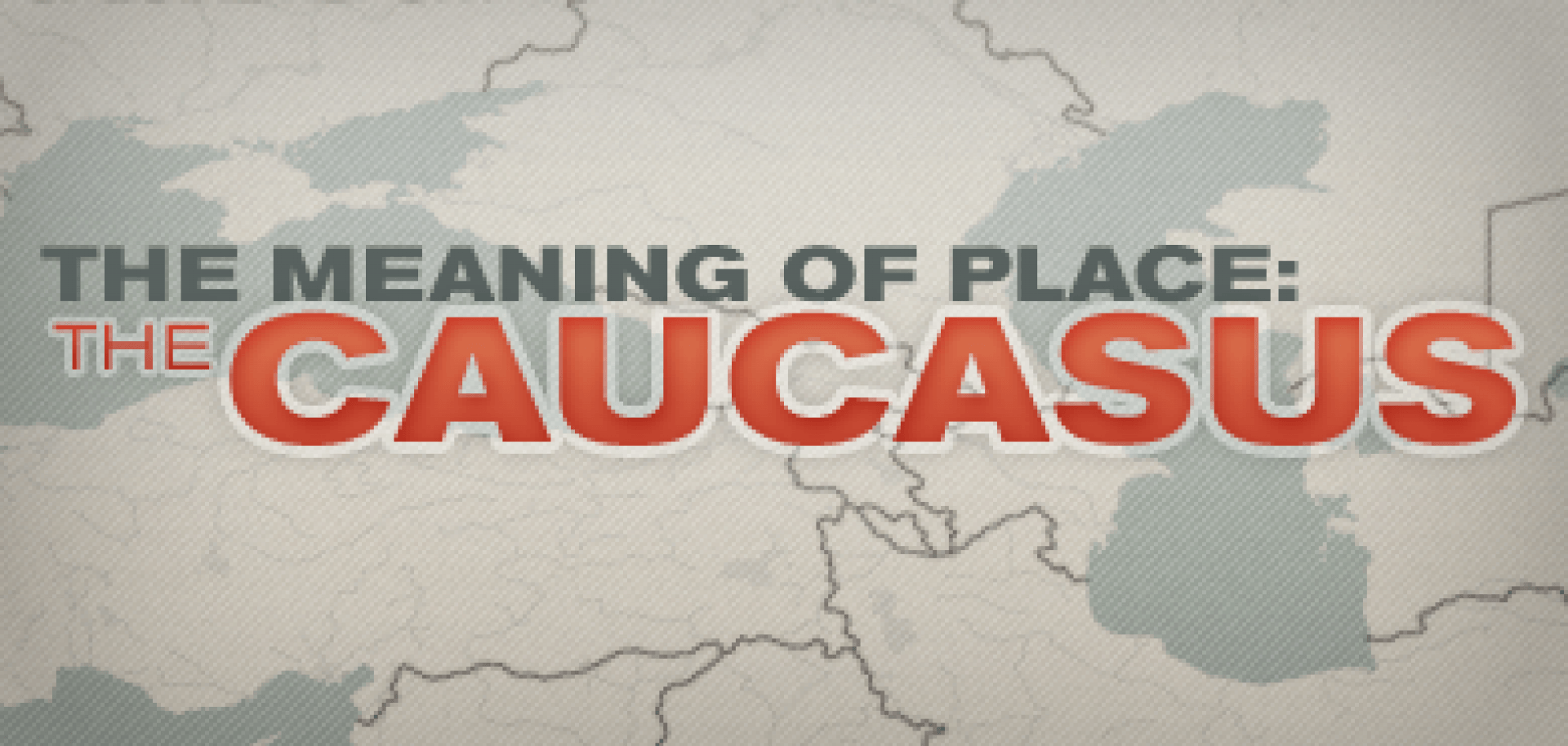ASSESSMENTS
The Meaning of Place: The Caucasus Flashpoint
Jun 25, 2012 | 15:37 GMT

Stratfor
Summary
Mountains lack navigable waterways that can encourage trade — and the economic wealth that comes with it — and broad swathes of arable land capable of supporting large populations. The nearly invariable result is isolated, small, poor populations that only rarely affect events beyond their immediate territories. Persia — modern-day Iran — is the world's only example of a mountain culture that has evolved into a major power.
What mountains do offer their inhabitants is a wealth of defensive options. It is much easier to hide or fight an invader in forested mountains than in flat plains. Outside powers find penetrating these regions — much less constructing the infrastructure or fielding a force required to dominate them — a gargantuan task. Mountain regions are where major powers go in times of extreme power or extreme need. These powers expand to (but rarely into) the mountains in order to anchor their own territories and provide buffers between their empires and others'. Mountains are border regions, and unlike the U.S.-Mexican, Franco-German or Russo-Ukrainian borderlands, they do not often shift. Major states wish to put as little effort into securing them as possible and then move on.
Mountain regions matter a great deal when great powers struggle over their orientation. The people who live in those regions have their own geopolitics, competing with each other as vigorously as they defend themselves from outsiders. The intermingling of such large- and small-scale geopolitical factors makes mountain struggles fiercer and more complicated than similar struggles over less-rugged regions. These factors make the Caucasus an important area to watch.
Subscribe Now
SubscribeAlready have an account?
